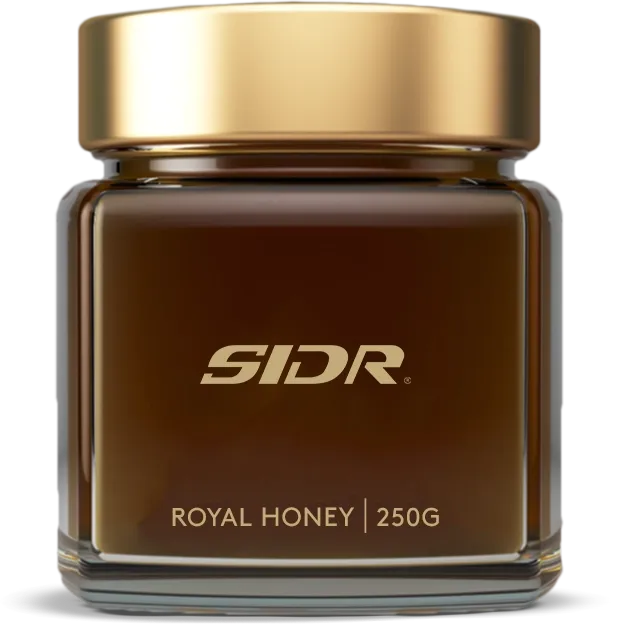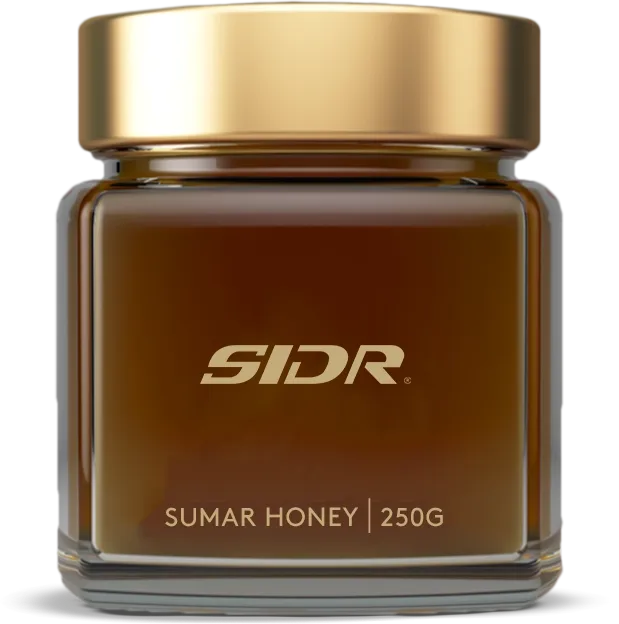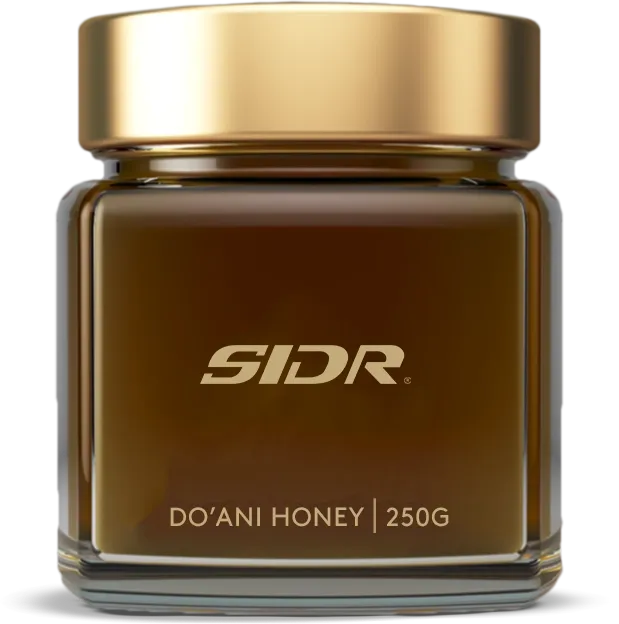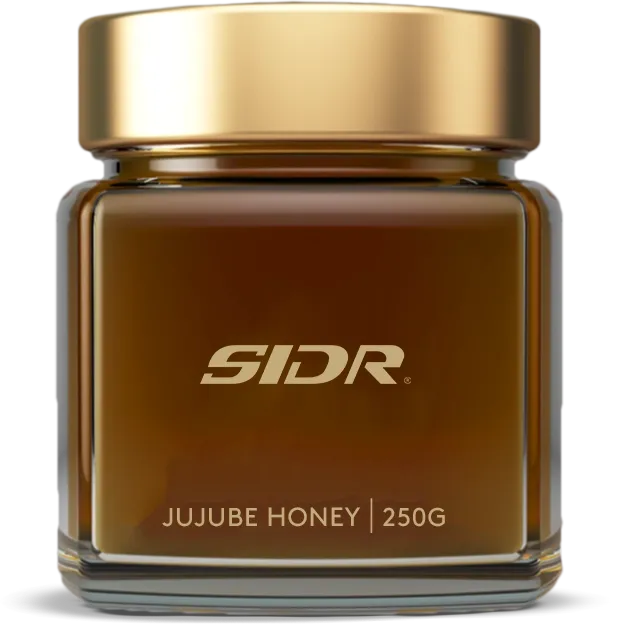Do all bee species produce honey?
Views: 2929Bees are incredible creatures, with nearly 20,000 known species buzzing around the world, each playing a vital role in our ecosystems. However, despite this impressive number, only a small fraction, around 5%, are known to produce Raw & Unfiltered Honey that is suitable for human consumption.
Among these select honey-producing species, it's primarily the honey bees (Apis spp.) and certain varieties of stingless bees that stand out for their remarkable ability to produce significant quantities of honey, making them economically valuable to beekeepers.
The Honey-Making Process
The production of Raw & Unfiltered Honey is an intricate process that showcases the intricate collaboration within bee colonies. Honey bees, for instance, collect nectar from flowers using their specialized tongues and store it in their 'honey stomachs.'
Once back at the hive, they regurgitate the nectar into the honeycomb cells, where it undergoes a transformation facilitated by enzymes and the evaporation of water. This process ultimately yields the thick, sweet substance we know as Raw & Unfiltered Honey, which serves as a vital food source for the bee colony, especially during periods of scarcity.
The Importance of Honey-Producing Bees
The significance of honey-producing bees extends beyond just their ability to provide us with a delicious natural sweetener. Bees, in general, are crucial pollinators, playing an indispensable role in the reproduction of countless plant species, including many that humans rely on for food. The pollination services they provide are estimated to contribute billions of dollars annually to global agriculture, making bees essential to food production and ecosystem stability.
Threats to Bee Populations
However, despite their importance, bees face numerous threats, including habitat loss, pesticide exposure, climate change, and diseases. The decline in bee populations, particularly that of honey bees, has raised significant concerns worldwide due to the potential implications for food security and biodiversity.
Protecting Our Precious Bees
Therefore, it's imperative that we recognize the value of bees and take proactive steps to protect them. This includes promoting bee-friendly practices such as reducing the use of pesticides, preserving natural habitats, supporting beekeeping efforts, and raising awareness about the importance of bees in our ecosystems.
Safeguarding Bee Populations
While only a small percentage of bee species produce the edible Raw & Unfiltered Honey we enjoy, their contribution to our world extends far beyond the sweetness of their product. They are key players in the intricate web of life, and safeguarding their populations is not just a matter of preserving a tasty treat but essential for the health of ecosystems and food systems worldwide.
you may also try
didn’t get the answer you were looking for?
contact us


